So you passed the SIE exam…Congratulations! Now it’s on to the Series 7 Top-Off Exam (or maybe the Series 6). One of the most frequent questions that I get as a tutor is: “How long does it take to study for the Series 7 Top-Off Exam?” Unfortunately, the answer to this question often disappoints. Let me explain.
How Long to Study for the Series 7 Top-Off Exam
To determine how long to study for the Series 7 Top-Off exam, be realistic with yourself. Importantly, ask yourself how much time you needed for the SIE Exam. Although everyone is different, once you’ve answered that question, then you can get a pretty good idea. After tutoring hundreds of students, I have seen it take (on average) between 1.5x to 2.0x longer to study for the Series 7 Top-Off exam than it did for the SIE Exam.
For example, if it took you one month for the SIE Exam, it might take you 1.5 to 2 months to study for the Series 7 Top-Off exam (and pass!). It may even take longer in some instances. The Series 7 Top-Off Exam is definitely more challenging so this is probably not too surprising. But, is there a way around this?
How Can I Shorten My Study Time?
I know that many of your bosses think you should be done the exam in a month. Whether that is realistic or not, I see this kind of pressure all of the time. If your job is on the line, and you don’t have a lot of study time, here are some tricks.
- Focus on what matters. Specifically, you should focus on what is likely to show up the most on the exam. Suitability and Options continue to come up as a major proportion of the exam. Both cause a lot of trouble for SIE and Series 7 Top-Off test takers. Put a lot of effort into those subjects. Consequently, while you learn the Suitability subject, you will learn about other financial products too. To understand what investments are “suitable” for an investor, you have to understand the products themselves.
- Acronyms are your friend. Plenty of you don’t have time to thoroughly learn the material so don’t fret. Take some time to memorize the important acronyms because they will be enough to get you a few extra points. Understanding the content in depth is always preferable, but a few key acronyms such as BLISS, FNMA, GNMA, FRB, TAC, PAC, TAN, BAN, etc. will be helpful!
- Start with the low hanging fruit. To state the obvious, every student is unique. What you remember for the exam, will likely be different from what your co-worker might remember. Take some extra time to review (keep a list in your notes) concepts/definitions that you have a hard time remembering. Some of the rules, regulations, and definitions that you consistently forget are bound to show up. The questions you consistently get right that lead to a score of 60% on practice exams are likely going to stick, so don’t worry about them. Add a few extra points to your exam by taking 30 minutes a day to review the stuff that isn’t sticking.
- Get a tutor. Of course, I’m partial on this front, but this is a genuine recommendation. I never used one myself in college or graduate school, but as a Series 7 tutor, SIE exam tutor, among other subjects, I see a massive difference in student progress with the aid of a tutor. If you can only afford a session or two, I would still recommend it. Try a Series 7 video course too. They can be as good as a tutor. Whether it’s Professional Exam Tutoring, or someone else, they can be really helpful!
It’s probably clear that how long to study for the Series 7 Top-Off exam will vary for everyone.
Overall, most people will need between 1.5 to 2 months. If you don’t have pressure from your boss, then take as much time as you need. Ideally you want to go in to the exam with practice test scores in the mid-to-low 80% range. Use STC or Knopman study material as your gauge for this. Good luck!
